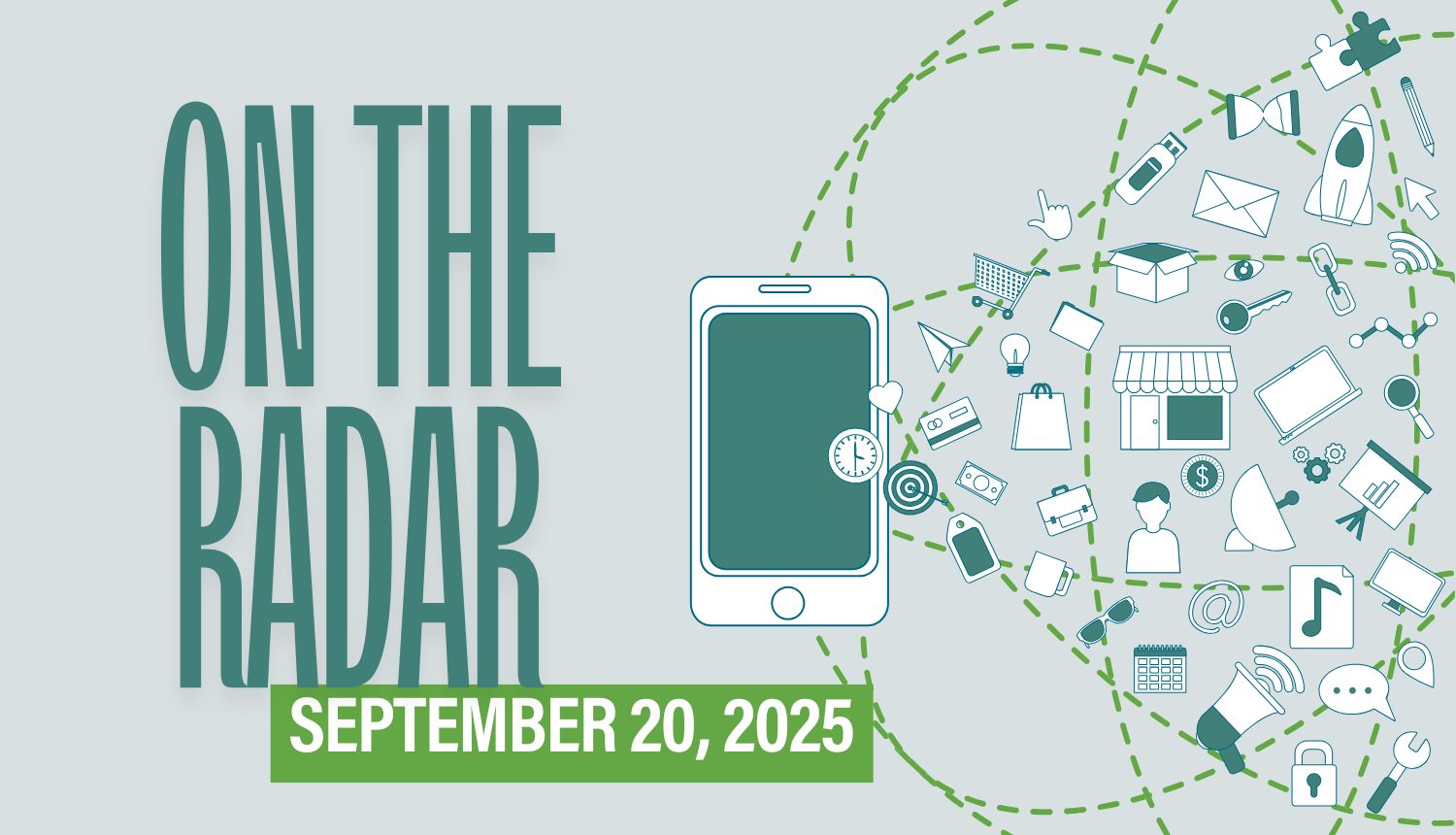One in Four Kids Reports Having Had an Online Sexual Interaction With an Adult
What? In a survey conducted by Thorn, a nonprofit that focuses on addressing online sexual abuse of children, one in four minors reported sharing self-generated child sexual abuse material with an adult. And one in four children between the ages of 9 and 12 said they have had an online sexual interaction with someone they believed to be an adult.
So What? Children from all demographics said they use dating apps, OnlyFans and pornographic websites—which is where some of these interactions occurred. However, other apps identified included Facebook, Instagram, Messenger, Snapchat, TikTok, Discord, WhatsApp, Google Hangouts/Google Meet, Reddit, Roblox, Twitch, X and YouTube.
Now What? If your child has access to the internet, then you need to be proactive in teaching him or her online safety. It can feel awkward or even fearmongering to bring up these issues with an 8-year-old. But research indicates that by the time kids are 9, they’ll be exposed to these types of dangers. Remind your kids that it’s never OK to talk to a stranger online, that they should let you know if somebody tries to contact them. On that note, make sure they also know that it’s not their fault if someone sends them something inappropriate or that makes them uncomfortable. Tell them that if this happens, they won’t get into trouble; but they need to let you know, so that you can handle it. And if your child does wind up engaging with someone online, reassure them that you will always be there to help and protect them, because you love them.
What Does ‘Dih’ Mean?
What? According to Know Your Meme, the term “dih” is social media slang for a profanity referring to male reproductive anatomy. It first went viral in December 2024 and has since been “ingrained in the Gen Z and Gen Alpha lexicon as it continue[s] to feature in off-color memes.”
So What? The term is a form of algo-speak, words and phrases purposely misspelled and mispronounced so that memes and videos featuring them won’t get taken down by automatic filters or moderation. And since we’re on the topic, “dih” is often paired with “ahh” (the a-word) and other algo-speak terms to create even more profane meanings.
Now What? If your teen is casually slinging around these particular words, that’s obviously something you might want to address with them. They know these terms aren’t nonsensical slang. But not all algo-speak is inherently bad, either. In some cases, it allows teens to have important conversations about topics that would otherwise get filtered out on social media. If that’s the case though, you still might want to talk with your teen, letting them know that you want to be a part of the conversation and are willing to help them work through difficult topics.
Parents Posting Pictures as Proof of Good Parenting
What? According to Parents, in a growing trend, parents are posting happy pictures of their kids online with the caption: “Posting this in case my kid tells a therapist one day about his rough childhood.”
So What? They say a picture is worth a thousand words, but photographs only show the tiniest snapshot of a much larger experience. A snapshot of your daughter sobbing might have been preceded by her happily eating ice cream. Alternately, a picture of your son enjoying a waterpark slide could have been followed by him getting slammed by the next kid coming down the tube.
Now What? If your child grows up and tells his or her therapist that they had a rough childhood, a happy picture on Facebook isn’t going to disprove that. So rather than trying to preemptively validate your parenting online, take the time to listen to how your child is feeling now. If your child expresses a negative emotion after what you thought was a good experience, ask them to tell you more. Sometimes kids just need to feel seen. Sometimes they need help to gain perspective. And sometimes it’s actually us as parents who need an attitude change to make sure our kids walk away with happy memories instead of negative ones.


